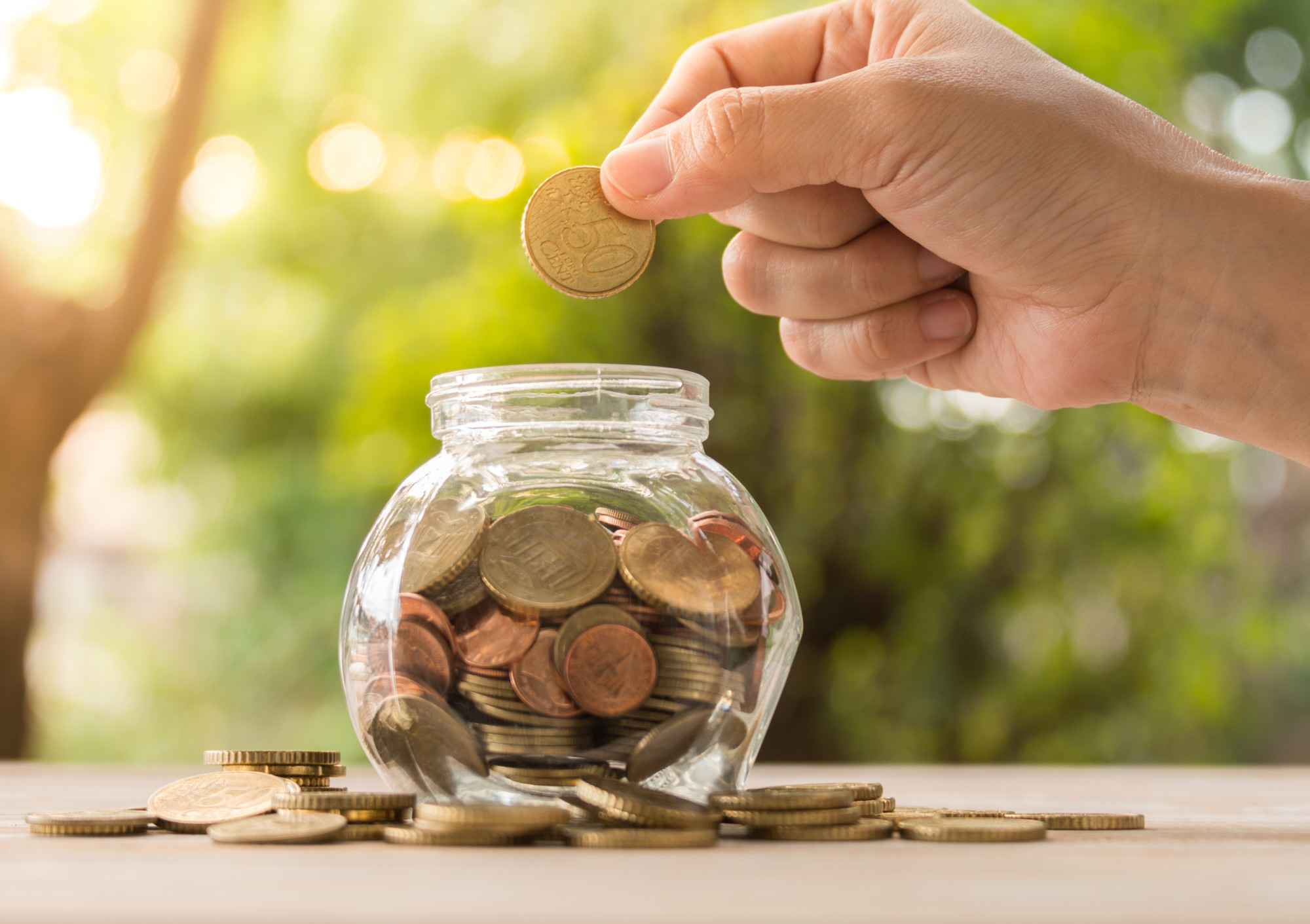An emergency fund is an essential part of your finances, yet it’s not always the priority. It’s easy to push your savings aside when you’re busy paying bills and handling the lingering pandemic’s effects on life.
But saving a little bit each month is a worthy cause you should get behind. A well-stocked emergency fund can help you when disaster strikes, giving you extra funds to handle an unexpected expense or time off work.
According to experts, you should save as much as six months of living expenses in this account. This not-so-inconsiderable amount of money can be a daunting goal for anyone, but the perks of having this cushion are worth the effort.
Take a look at these advantages to an emergency fund—they’ll help you find the motivation to save more of your paycheck.
1. You’ll Have Greater Financial Independence
A fully stocked emergency fund will give you the financial independence to take on the unexpected head-on with confidence.
You won’t have to think twice about how you’ll keep going anytime something goes wrong. Whether your cat swallows a ribbon, or your car breaks down on the side of the road, you’ll have the cash to tap into to cover these unexpected vet and auto expenses.
Without these savings, you may rely increasingly on credit cards and online loans for these unexpected expenses. While a credit card or cash advance can be a convenient stopgap when your savings fall short, they come with interest and fees.
These are normal parts to any loan, but they mean you’re paying more to handle emergencies than if you covered them with savings.
Credit cards with minimum payments and online loans with monthly payments also drag out this repayment. In other words, you’ll be tying up a chunk of your paycheck for months after you handle your emergency.
2. You’ll Be Healthier & Less Stressed
It may come as no surprise that an unexpected bill in your budget can cause considerable anxiety. How will you pay for something when you didn’t anticipate needing that extra money?
But did you know that chronic financial stress can lead to serious issues? Constant worry zaps your concentration and makes it harder to stay focused. You’ll be more prone to making mistakes and spending even more money.
Your health can take a turn under all that pressure. That’s because financial stress can literally cause your blood pressure to rise. According to the Mayo Clinic, chronic stress increases your risk of heart disease, high blood pressure, and stroke.
Having a substantial emergency fund can protect you from the heartbreaking effects of stress. Knowing you have the means to cover an unexpected expense removes a huge weight from your shoulders.
Savings give you peace of mind, even if you’re not in the middle of an emergency. It’s a relief if you’re kept up at night by “what if” scenarios should something go wrong in the near future.
3. You Can Focus on Other Financial Goals
After squirreling away some cash for emergencies, the unexpected won’t have such an iron grip on you or your finances. You’ll get out of the cycle of worrying about emergencies, using credit cards, and repaying loans online.
Once free, you can devote your financial focus to other important areas of your life. You’ll be free to think about saving up for a new car, your first home, or an extended vacation.
It’s also easier to prepare for the big things in life, like paying for your child’s tuition or retiring in comfort.
Time and time again, financial advisors recommend getting your employer to match your contributions to your 401(k). Many employers will match up to 3% of your pay without decreasing what you owe, so it’s pain-free way to compound your own retirement savings.
How to Save More in an Emergency Fund?
Your budget is the answer to more savings.
A budget is a spending plan that prioritizes income and cuts unnecessary spending, so take a stark look at your expenses. Can you cut anything to free up more cash and push it towards your fund?
Non-essentials are the easiest things to prune simply because you can live without them. Think streaming services, takeout, and renovations. You can hit the pause button on these splurges until you save up.
What If You Don’t Have That Many Splurges to Cut?
While you may not have takeout every night, everyone pays bills. Try negotiating with your creditors to lower your bills, like the Internet, cell phone, and insurance. Research the going rates for similar services from your provider’s competitors before asking for a lower price. Threatening to jump ship for their competitors might convince them to give you a better deal.
Lastly, you’ll want to think about what you can do to bring in more cash.
Money from a part-time job or side hustle can go straight into savings, speed-tracking your goal. Don’t discount asking for a raise either. If your company has done well during the pandemic, you could have some leverage.
Bottom Line
More savings mean more independence, less stress, and greater financial flexibility. Keep this in mind if you’ve recently emptied your emergency fund. You’ll want to top up this account as soon as possible.
Advisors recommend saving three to six months of living expenses for the unexpected, which can be a lot to think of all at once. So, pull back from your goal and think about how you can sock away even $10 today.
Every emergency fund has to start somewhere. Focus on saving what you can, no matter how little it is. Anything it better than nothing.




